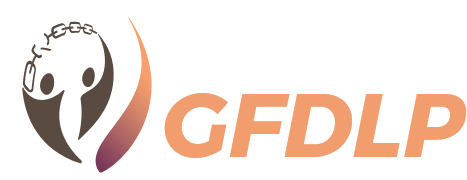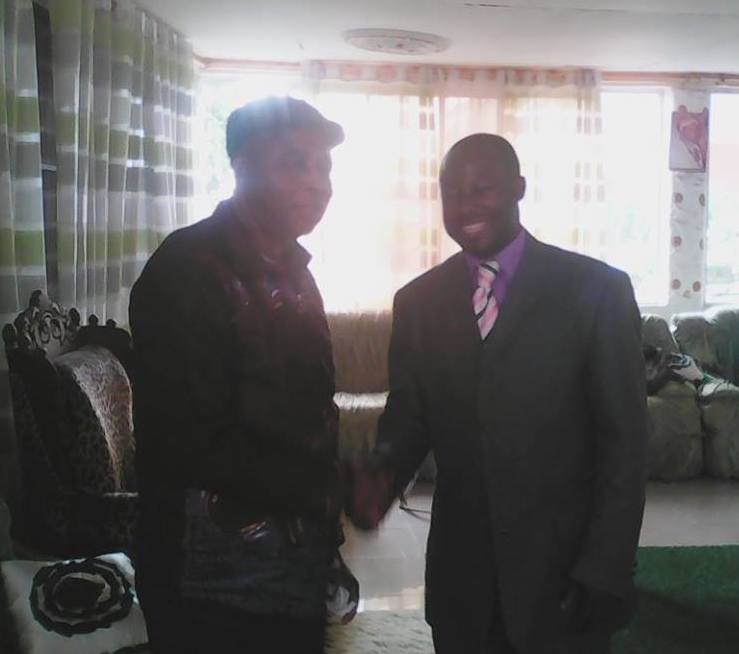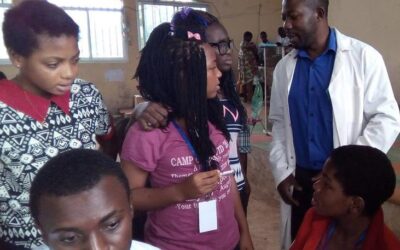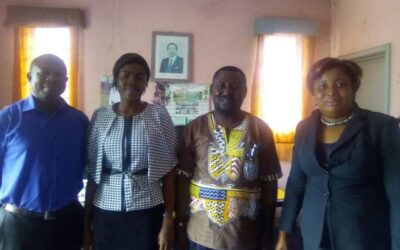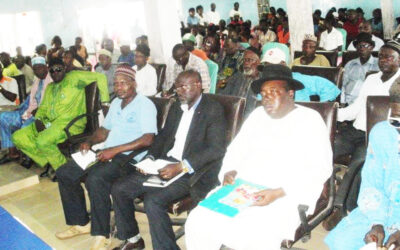The traditional ruler, Chief David Ikome Molinge, has prayed to President Paul Biya to come to the aid of the aboriginal people of Fako Division and rescue their ancestral land from corrupt land-grabbing administrators.
According to Chief Molinge, the current administrators in Fako led by the Senior Divisional Official, SDO ZANG III, have stayed away from helping the head of state accomplish his development objectives and have in complicity with dubious land tenure officials and some foxy traditional rulers, formed an egocentric caucus that is determined to sell-off the ancestral land of the Fako people.
The chief said the administrative highhandedness of officials in Fako and their scheme to deplete the Division of its limited resources is brewing a lot of resentment among the natives, which if not nibbed in the bud, may snowball into a chaotic state that may have untold consequences on the citizens.
The traditional ruler was speaking at his Upper Muea Palace on March 12, 2016, during an interaction with officials of the Global Forum for the Defence of the Less Privileged, GFDLP.
The GFDLP delegation led by the Executive Director, Baudouin Ngah Akoh, was at the chief’s palace to discuss on the political, social, cultural, and economic rights of the Fako indigenous population.
The former President of the Fako Chiefs Conference admitted that the indigenous Fako Land grabbing problem is not a novelty, as the problem started before the creation of the Cameroon Development Corporation, CDC.
But even during this turbulent period, the Chief went on, advocates for the protection and preservation of the Fako indigenous land such as Professor Kofele Kale and Mola Njoh Litumbe and others emerged under the umbrella of the Bakweri Land Claims Committee, BLCC, and suggested that Government should be paying royalties to the lands occupied by CDC and that in case of ceding land to the natives for development, members of the BLCC must be members of such commissions to work with the administration.
Chief Molinge regretted that some black legs infiltrated the BLCC and politicized it, claiming that if the BLCC was given what it was demanding it would sell its right to the opposition political parties.
The Chief bemoaned that the politicization of the BLCC spelled doom for the future generation as the land was now ceded by the administration with no transparency. “Some administrators ceded land with one hand and took it back with the other hand. Look at a village-like Molyko that was given land for expansion, all the best part of the surrendered land was taken by the administrators.”
Administrative Witch-Haunting
Chief Molinge Said some of them who have refused to connive with the administrators to rob the locals of their ancestral land are being witch-hunted.
The Chief of Upper Muea accused Zang III of having diverted 25 hectares of land ceded to Upper Muea and collected FCFA 2.5 million for processing the documents and, to date, no land nor the money paid has been seen by the locals.
Despite the machinations, the Chief said he will not be cowed into succumbing to the administrative threats. The Chief, however, warned all those who bought parcels of land at Upper Muea from Florence Bate, the Regional Delegate of Land Tenure that no one will be allowed to carry out any development on the land if he or she does not obtain a letter of partition from his palace.
Speaking during the exchange, GFDLP Executive Director Akoh Ngah, said there is a need for the Fako Chiefs to critically look into the land problem because according to him, most of the indigenous people depend on land for their livelihood through agriculture.
He said youths cannot heed the Head of State’s advice for them to embrace agriculture if they don’t have access to land.
Akoh Ngah also called on the government to enable indigenous people to have access to quality health care services and youths to have access to information and communication technology tools.
The GFDLP Executive pledged to unite forces with the Chief to fight for the protection and preservation of the rights of the indigenous population, especially the right to their ancestral land.
By Isidore Abah
